By Herbert Musoke
In the 1990s, Kasawo Public Primary School was a source of pride in Mukono district. Its pupils – the girls donning blue dresses and the boys black trousers and blue shirts –marched with their heads high to Kigayaza Hill where this school sits.
Many children in Kasawo sub-county, where it is found, looked forward to starting their educational journeys at this school located around 34km away from Mukono town.
Several parents were eager to have their children enrolled at this institution – which pupils referred to as “the school”
It was not just one of the schools with the best infrastructure in the district, but also a rising academic star. But all this has changed over the past twenty years. It is many years since the school’s candidates got the first or second grade in Primary Leaving Exams (PLE).
A school, which had multitudes of pupils each year, now has just over 500. Its infrastructure is broken and the institution has not had a facelift for decades. In addition, there are now high cases of absenteeism as pupils stay away from the school to do menial jobs in the community.
“The classrooms are in a sorry state. We demolished a staffroom which was about to collapse to save lives,” Amina Tebajjukira, who has been the school’s head teacher for the past two years, says. “The teachers’ houses leak and are cracked,”
Reviving the school
However, as the institution, which was set up on October 6, 1928, as a model school by the British colonial government and Buganda kingdom, approaches its 100th birthday, its old boys and girls have joined forces with the school’s management to contribute to reviving it.
In order to facilitate the revival effort, the school has split its management committee into sub-committees. The development plan sub-committee is charged with the responsibility of coming up with projects to turn around the school.
The smartness sub-committee is tasked with ensuring that all pupils wear the school uniform. The old boys and girls sub-committee is expected to mobilise the alumni into an association through which former pupils are expected to contribute to the transformation of the school.
During their recent visit to the school, a group of alumni established an interim team to spearhead the registration Kasawo Public Old Students Association and lay strategies for raising finances to implement development projects at the school.
Restoring glory
Solomon Nyombi, the leader of the interim team, says some of the alumni have started making pledges towards the projects to be implemented by the old boys and girls to revive the school.
“We have already started working and we are beautifying the compound,” he adds. The alumni have also appointed individuals representing people who studied at the school at different times over the last four decades.
The alumni hope that this will help them mobilise other former pupils easily ahead of their reunion planned to take place in April.
“Our association will finally be commissioned at this reunion and leaders elected to move forward our projects to revive the school,” Nyombi says. “I call upon all old boys and girls to join the struggle to revive one of the oldest schools in Mukono and beyond. It is important to strengthen it because primary schools are the foundation of our education,”
The alumni are optimistic that their effort will help restore the glory of the school which has produced various key personalities such as Sarah Tamale Namuli, the former commissioner for Technical Vocational Education and Training, David Tamale, the former director of physical planning at Kampala Capital City Authority, Hamidah Namyalo, a lecturer at the Islamic University in Uganda and Moses Wandyaka, the former Nakifuma county Member of Parliament, among others.
The school’s motto is Effort, Mother of Success. Olivia Nabayego, the former treasurer on the school management committee, says the school needs urgent intervention in various areas, including fixing broken windows and securing it from thieves who have stolen and destroyed some of its property.
Lameka Kawombe, the chairperson for the school management committee, says they hope the old boys and girls sub-committee and other sub-committees, will bring about transformation at the school.
“We call upon all people, including old girls and boys, to join us to rebuild our school,” he says. “A big number of prominent persons in this country serving in different capacities have passed through this school. It is a shame that a school which should be our pride is rotting away,”

Academic performance
Tebajjukira says the school needs to regain its rightful place in academics. In its current shape, she says it would be a miracle for its candidates to pass in the first grade as many pupils in the upper classes cannot read and write.
She adds that comprehension among pupils in these classes is also poor and that many of them cannot answer simple questions.
“Most of our pupils were rejected by other schools yet this school used to get first and second grades. The parents just bring their children to school to grow and face the world,” Tebajjukira explains.
The school has nine teachers on the government payroll – which is slightly below the recommended 1:55 teacher-to-pupil ratio.
“We have been trying to hire part-time teachers to bridge the gap but we are always constrained by a lack of finances,” Tebajjukira explains.
Juliana Nabageye, who studied at the school in the 1980s, says academic performance started declining after the introduction Primary Education (PLE) programme.
One of the drawbacks of this programme, which was introduced in 1997, is that it discouraged parents from contributing towards the education of their children in schools as it abolished all fees.
“Parents stopped taking care of their children, including packing them food to school, saying the Government would take care of them and that everything was free,” Nabageye says.
Funding schools
But the inadequate funds the Government gives primary schools to run this programme mean that these institutions can hardly provide meaningful education. However, in some government-aided schools like those founded by religious institutions, parents contribute funds to complement the state. For instance, they contribute funds to hire and pay additional teachers to complement the instructors on the government payroll.
However, the poorly funded schools remain the only options for the many poor houses like those stuck in subsistence agriculture to educate their children. Many of these families cannot even pack lunch for their children to school.
Bumaali Nadduli, the chairman Parent-Teacher Association at Kasawo Public Primary School, says many parents have failed to pay for their children’s lunch and additional teachers to improve learning.
“How do you expect a child to learn on an empty stomach?” he wonders. Following the launch of the revival effort, Nyombi is confident that the school will regain its glory.
Many traditional schools like Kasawo Public Primary School which were on the verge of collapsing several years ago are gradually recovering after the intervention of the alumni.
Some of the alumni networks have contributed towards improving the management of these schools. Others have set up scholarship schemes and mobilised parents to send children back to these schools.


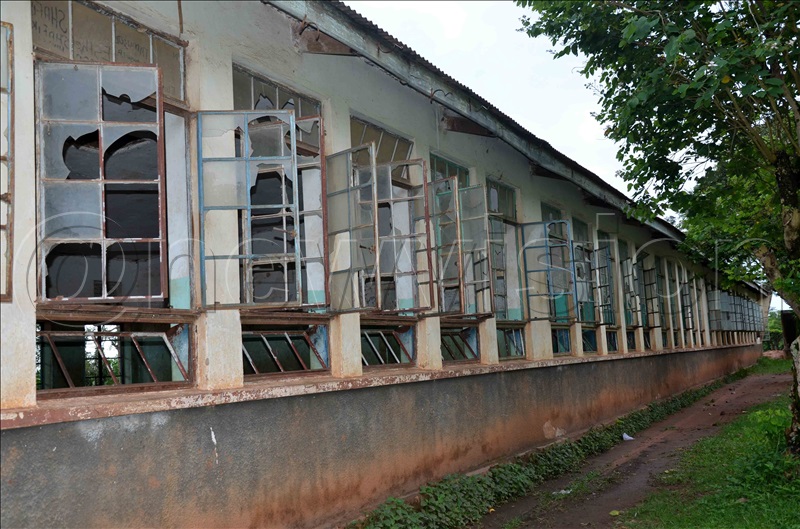
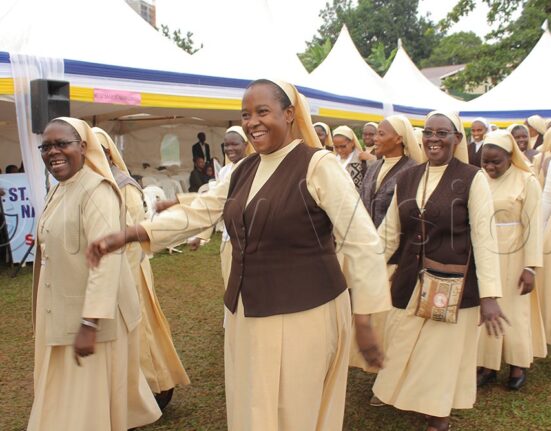
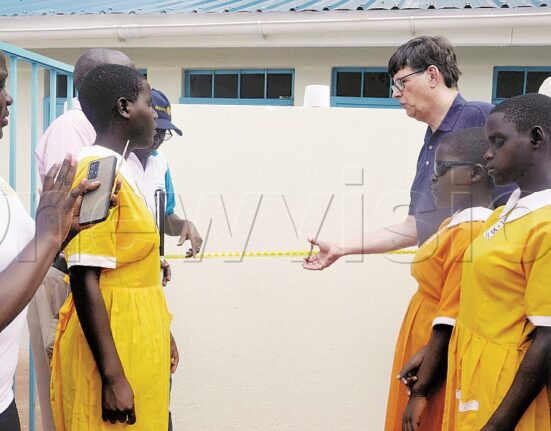
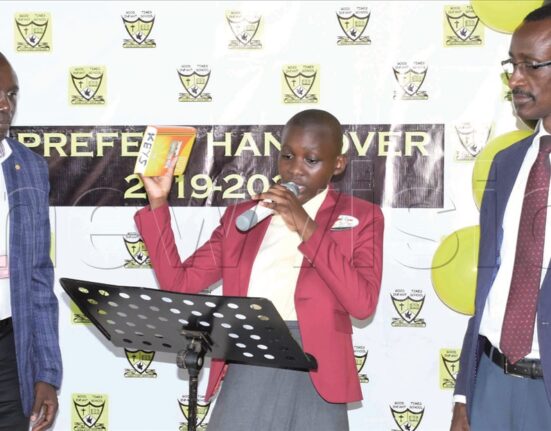
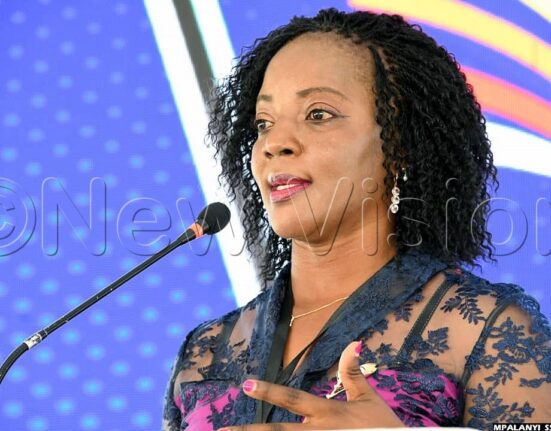
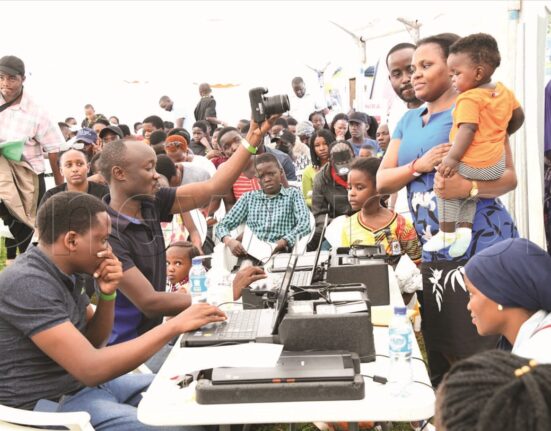
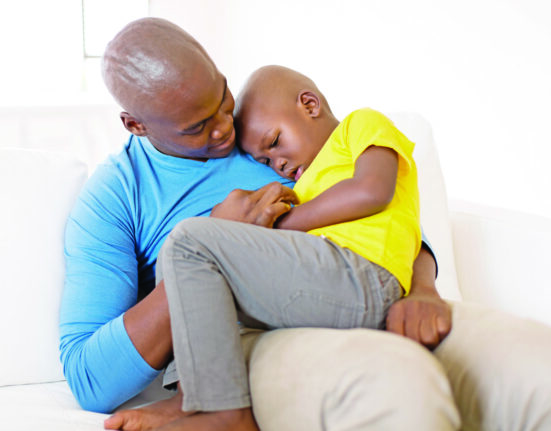
Leave feedback about this